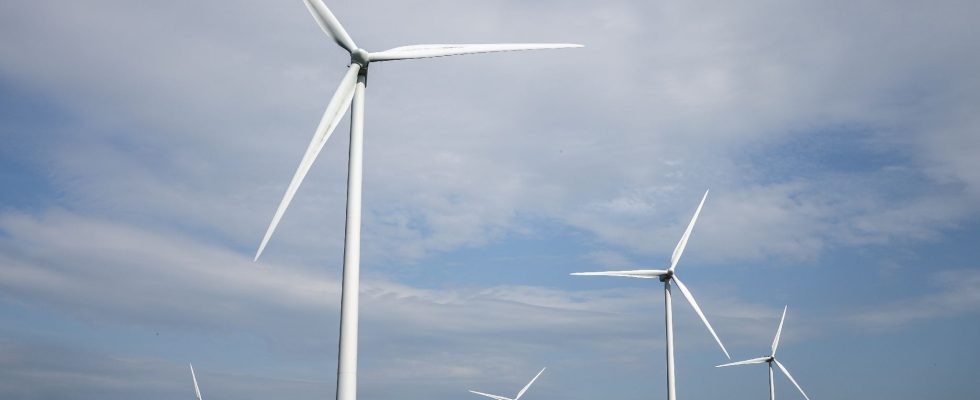In modest premises in the suburbs of Grenoble, a model of his future factory before his eyes, the president and co-founder of MagREEsource delivers a relentless pitch. With electrification underway, Europe has every interest in tackling the issue of permanent magnets: not those that adorn our fridges, but those without which neither wind turbines nor electric cars can function. For good reason: “China completely dominates the magnet market. This poses a problem of sovereignty, which is coupled with challenges in terms of supply and ecology. Rare earth mines [NDLR : qui composent les aimants] will be insufficient to meet demand, not to mention that their extraction is not clean”, asserts Erick Petit.
To get Europe out of the rut, the start-up says it has found the solution: recycling. At the Néel Institute, a CNRS laboratory where she spent most of her career, the co-founder of MagREEsource, Sophie Rivoirard, helped to develop a solution that she now plans to industrialize. With hydrogen, the company is able to recycle magnets in the form of ready-to-use powders… Which it will use in a closed loop in new magnets. Results: a carbon footprint reduced by 91% compared to Chinese products. And the opportunity for Europe to secure part of its supplies.
The biggest part of the journey remains to be done: producing them. Inspired by its pilot line, MagREEsource wants to build a factory in 2027 capable of manufacturing 500 tonnes of magnets per year, then 1,000 over the next decade. Installed in Auvergne-Rhône-Alpes, this first “Magfactory” will itself be duplicated to meet 10% of demand in Europe, with wind power as its priority target.
Contrary to the “gigafactories” popularized by Elon Musk – from which it nevertheless borrows the vocabulary – the young Isère company ultimately imagines a network of factories to meet the needs and the deposits of magnets to be recycled. She is not the only one to dream of the return of an ecosystem dedicated to magnets on the Old Continent. North of Grenoble, the Lyonnais of Carester and Mecaware are also working on the subject. With today 1% of these components recycled at the end of their life, they will not risk stepping on each other’s toes.
